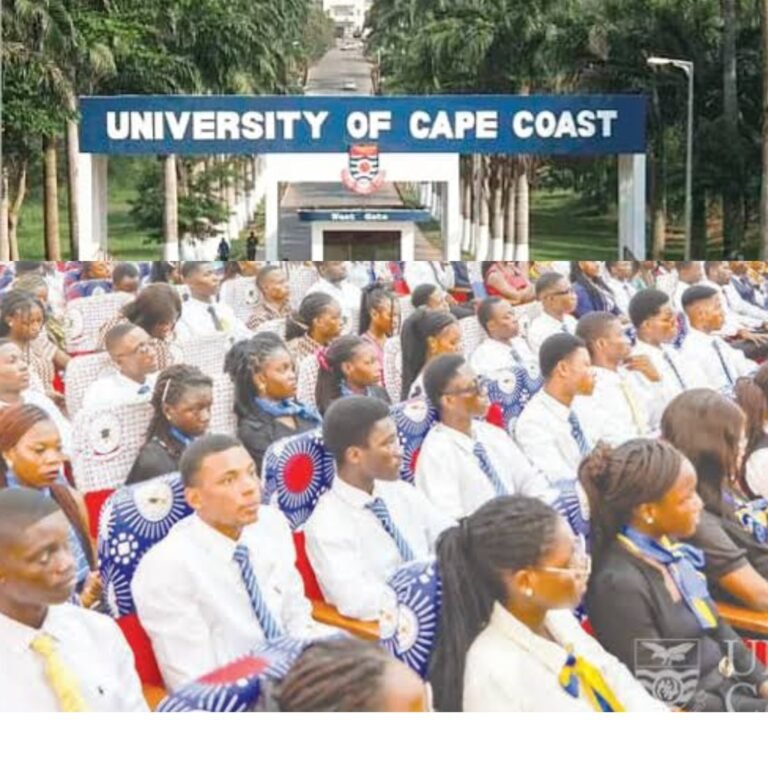
For some strange reasons, some communities in the northern part of the country still tolerate pockets of bandits who pretend to support some traditional authorities or political interest groups. This unfortunate practice still persists long after government and the eminent chiefs had successfully intervened in the Konkomba-Nanumba and Dagbon conflicts.
While we occasionally witness conflicts in some other communities in that part of the country, the Bawku conflict appears to be festering ever since a clearly political animal in the thriving economic community recruited bandits to invade the political space to enable him snatch victory in parliamentary elections.
We know that two major ethnic communities inhabit that part of the North, with the area suffering occasional schisms that destabilise an otherwise peaceful and religious community that largely comprises Muslims and Catholics and law-abiding traditionalists.
Political inertia
Unfortunately, when the political goons shot themselves to victory in 2004, government and the police failed to stamp lawful authority on the turf, allowing the situation to vent evil occasionally.
Though the political flavour was to tone down, apparently because the perpetrators wised up to the situation out of fear of reprisals, the actors who were still armed took cover till a more opportune time.
That is aside of the madness of some elites carrying arms from the south to the ‘north’ to support factions, instead of investing there to create jobs for the youth.
According to the police, who are still investigating the root cause of the latest shootings in which bandits have shown impunity in exchanging fire with the military, innocent children and elderly folk are among the latest victims of disturbances in the area, in addition to the wounded soldiers.
While police initial investigations may point to economic and turf rights in which Fulani herdsmen have been cited, there could be other reasons that only a full-scale investigation would reveal.
Seething impunity
The worrying side to the tragic conflict is that armed bandits, still hiding among the people in this decent community, have the effrontery to engage soldiers in gunfight because they are adequately armed.
That is a dangerous signal that government and the police cannot overlook in a terrain that is breeding jihadists and anarchists with interest in politics and chieftaincy, apart from economic rights between farmers and herders from the community or even outside of it.
With police swoops achieving much in the recent crusade, the Daily Statesman is excited that military and police swoops are ongoing in Bawku to help sanitise the situation to enable economic and social activities to go on unimpeded. This is important in reducing the tension in Bawku. Beyond that, it will send strong signals that Bawku has no place for criminals hiding in chieftaincy and political cloaks.
Big boot
The Daily Statesman, however, believes that the most effective weapon in arresting the seething Bawku conflict and criminality is for the political and religious communities to be courageous enough to support the efforts of the security agencies in smoking out the armed hooligans living among them.
Our quiet investigations indicate that the MPs, local government chiefs, youth associations and students’ movements have an idea who the anarchists are. They however fear to expose them because they could be used by the community to defend certain interests.
We therefore call on the security agencies, the assemblymen and women as well the two main political parties to come clean on the matter, and ‘redeem themselves’ by helping to find lasting solution to the problem.
We cannot live and work in peace with the Azorkas and their types in the ‘northern’ regions hanging over our heads like an albatross when all they offer are conflicts upon conflicts.







